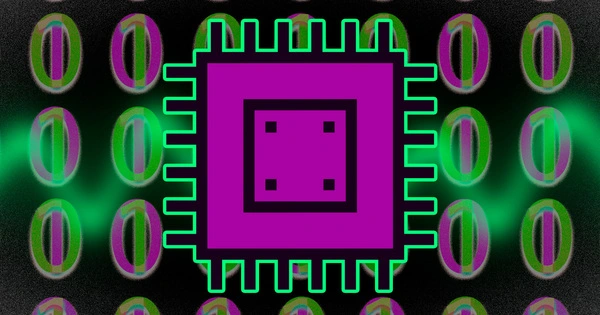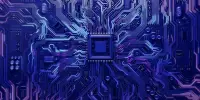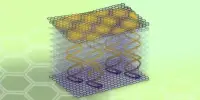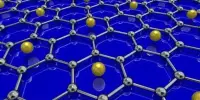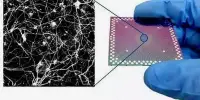Quantum computing will have a profound impact on the global economy. Once commercially available, its benefits will extend across industries, enhancing other technologies and allowing us to solve complex problems in ways never before possible. These advances, however, are not without risk. Quantum computers will significantly alter the cybersecurity landscape, particularly in terms of cryptography.
For decades, computers have been associated with binary data – zeros and ones. Now, researchers at the University of Innsbruck in Austria have developed a quantum computer that defies this paradigm and reveals additional computational resources that are hidden in almost all current quantum devices.
We all learn at a young age that computers use zeros and ones, also known as binary information. This strategy has proven so successful that computers now power everything from coffee machines to self-driving cars, and it’s difficult to imagine life without them.
Quantum systems naturally have more than two states, and we demonstrated that we can control them all equally well. Many of the tasks that require quantum computers, such as problems in physics, chemistry, or material science, are naturally expressed in the qudit language. Rewriting them for qubits can often make them too complicated for today’s quantum computers.
Thomas Monz
Building on this success, today’s quantum computers are also designed to process binary data. “However, the building blocks of quantum computers are more than just zeros and ones,” says experimental physicist Martin Ringbauer of Innsbruck, Austria. “Limiting them to binary systems prevents these devices from reaching their full potential.”
The team led by Thomas Monz at the Department of Experimental Physics at the University of Innsbruck, now succeeded in developing a quantum computer that can perform arbitrary calculations with so-called quantum digits (qudits), thereby unlocking more computational power with fewer quantum particles.
There are many things we still don’t know about 2022 and 2023, but one thing is certain: The quantum ecosystem will look very different in 2023 than it does now. In large part, this will be the result of quantum computers with more qubits and with less noise. The number of qubits is not the only way to gauge the power of quantum computers — other factors such as coherence, fidelity and connectivity are just as important — but they provide a good ballpark of the power of quantum computation.
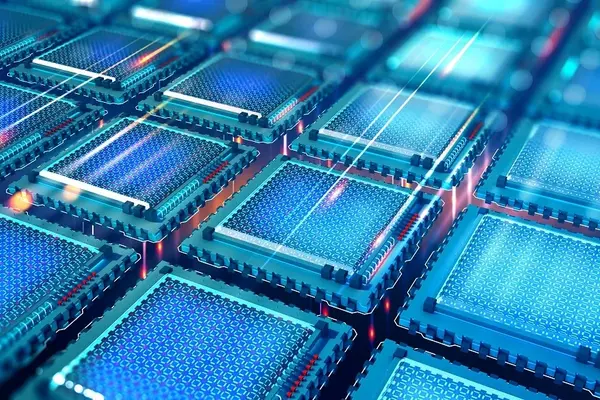
Quantum systems are different
Although storing information in zeros and ones is not the most efficient way of doing calculations, it is the simplest. Because simple often means reliable and error-resistant, binary information has become the unrivaled standard for traditional computers.
The situation is very different in the quantum world. Individual trapped Calcium atoms, for example, are used to store information in the Innsbruck quantum computer. Each of these atoms naturally has eight different states, only two of which are typically used to store information. Indeed, almost all existing quantum computers have access to more quantum states than they use for computation.
A natural approach for hardware and software
Innsbruck physicists have now developed a quantum computer that can harness the full potential of these atoms by computing with qudits. Using more states, in contrast to the traditional case, does not make the computer less reliable. “Quantum systems naturally have more than two states, and we demonstrated that we can control them all equally well,” says Thomas Monz.
On the other hand, many of the tasks that require quantum computers, such as problems in physics, chemistry, or material science, are naturally expressed in the qudit language. Rewriting them for qubits can often make them too complicated for today’s quantum computers.
“Working with more than zeros and ones is very natural, not only for the quantum computer but also for its applications, allowing us to unlock the true potential of quantum systems,” explains Martin Ringbauer.
